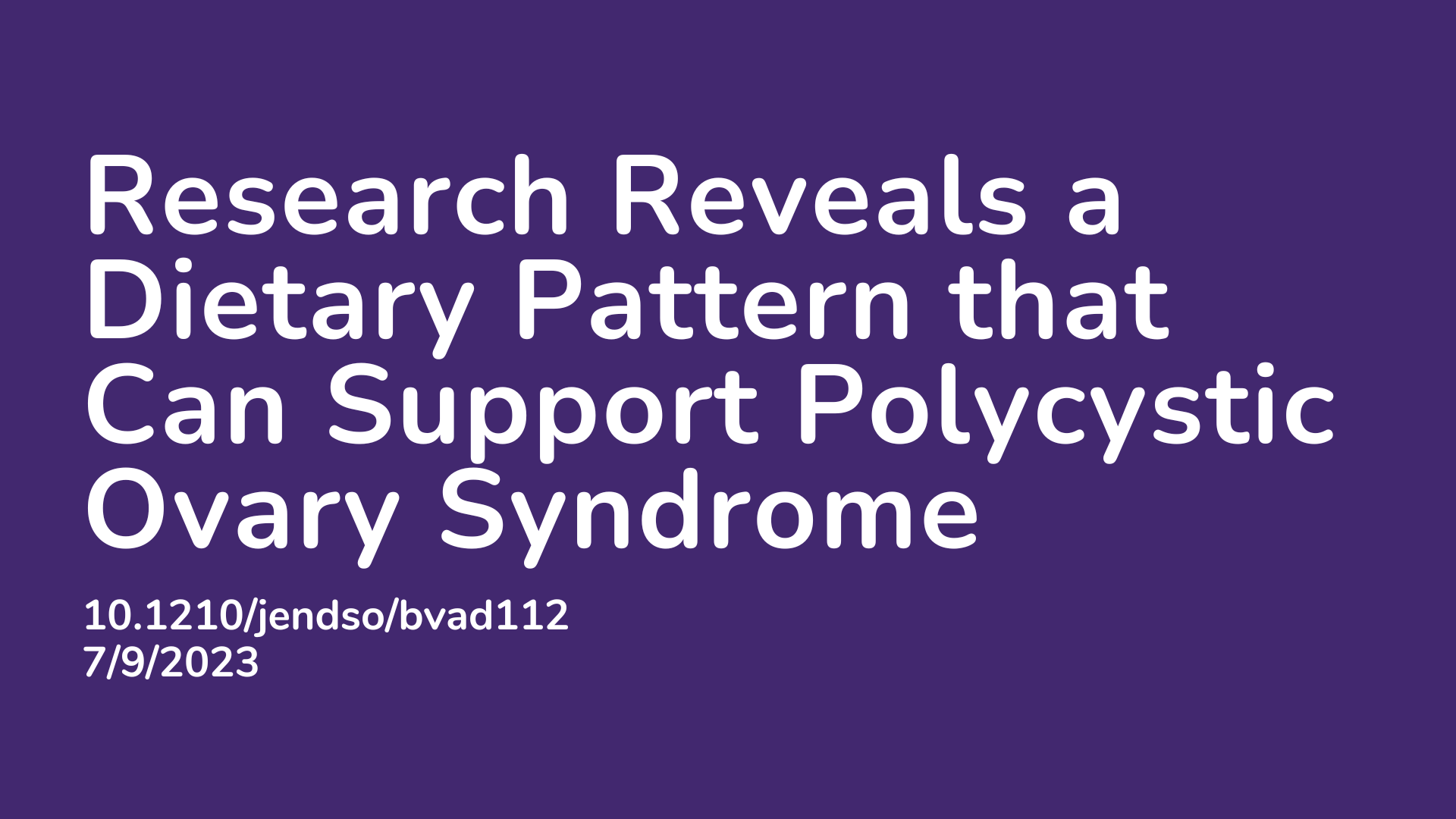Summary:
Polycystic ovary syndrome (PCOS) is a complex disorder with features such as irregular menstruation, excessive androgen levels, and polycystic ovaries. Early detection is vital due to increased risks like endometrial cancer and metabolic complications, however misdiagnosis of PCOS is common. Lifestyle changes are the first-line therapy, focusing on weight loss and dietary changes. The ketogenic diet, known for its potential anti-aging and weight loss benefits, is gaining attention as a dietary intervention for PCOS. This meta-analysis study aims to assess the effect of the ketogenic diet on women who have PCOS and their hormone levels and body weight after 45 days of intervention. There is currently no meta-analysis on this topic. After a minimum intervention period of 45 days involving the ketogenic diet in women with PCOS, significant improvements were observed in reproductive hormone levels. Additionally, all included studies in this meta-analysis consistently reported significant weight loss. The authors concluded that the ketogenic diet appears to have the potential to improve hormonal imbalances commonly associated with PCOS, along with promoting weight loss.
Abstract:
Context: Ketogenic diet has recently made a comeback as a part of lifestyle and dietary modifications in patients with polycystic ovary syndrome (PCOS). Despite studies suggesting its beneficial effects in reversing hormonal imbalance in women with PCOS, evidence has been patchy and derived from small populations under varying conditions. Objective: To pool evidence from clinical trials to study the effects of ketogenic diet on reproductive hormones (LH/FSH ratio, free testosterone, serum progesterone) and observe evidence of weight change. Methods: PubMed, ScienceDirect, Scopus, and Web of Science core collection were searched for clinical trials evaluating the effects of ketogenic diet in established PCOS women consistent with the Rotterdam classification. Single- or double-arm studies that included an outcome of interest were included. Two investigators worked independently to screen potential articles and a designated investigator extracted data on study characteristics and evaluated the outcomes. Data were pooled using a random-effects model. The quality of selected studies was assessed using the Cochrane Risk of Bias Tool. Results: Following ≥45 days of intervention with ketogenic diet among women with PCOS, significant improvement was observed in reproductive hormone levels, with reduced LH/FSH ratio (d −0.851; 95% CI −1.015, −0.686; P < .001), reduced serum free testosterone (d −0.223; 95% CI −0.328, −0.119; P< .001), and an increased in serum sex hormone binding globulin (SHBG) (d 9.086; 95% CI 3.379, 14.792; P = .002). Significant weight loss was unanimously observed in all included studies (d −11.56; 95% CI −14.97, −8.15; P < .001). Conclusion: Short-term ketogenic diet potentially improved hormonal imbalances commonly associated with PCOS.
Article Publication Date: 7/9/2023
DOI: 10.1210/jendso/bvad112



